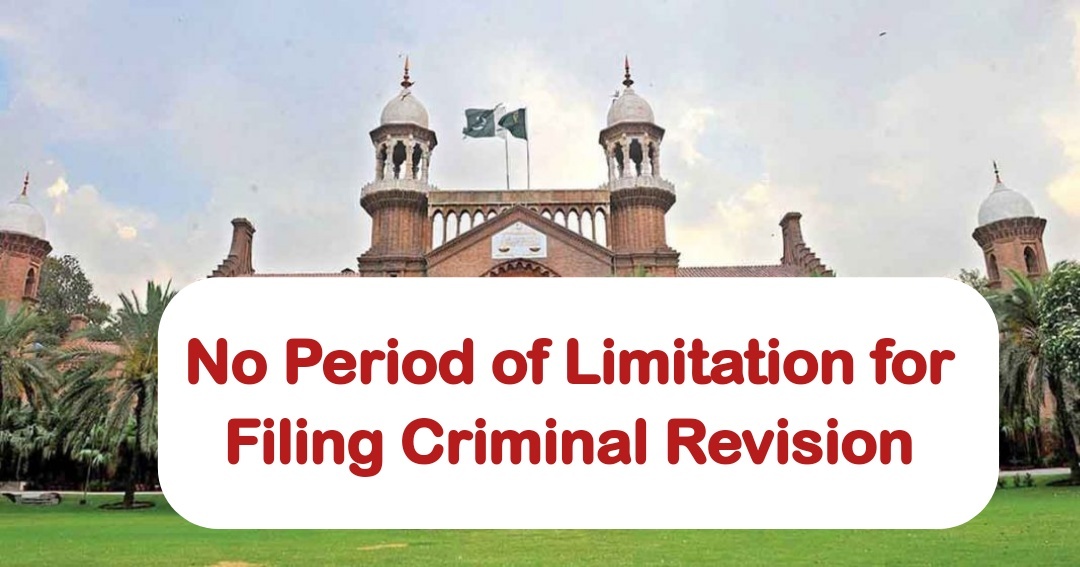Title: Lahore High Court’s Landmark Judgment: No Period of Limitation for Filing Criminal Revision
In a significant ruling in the year 2000, the Lahore High Court delivered a landmark judgment (2000 YLR 2619) that addressed the issue of the period of limitation for filing a criminal revision petition. The court held that no specific period of limitation was prescribed for filing a revision petition in a criminal case.
The judgment revolved around the provisions of the Criminal Procedure Code (Cr.PC), specifically Sections 435, 439, and 439-A. The court clarified that individuals seeking to challenge a decision made by a subordinate court could do so through the process of revision, regardless of the absence of a specified time frame for filing such petitions.
The concept of revisional jurisdiction was emphasized in the ruling, allowing the court to take suo motu action. This means that the court could initiate the revision process on its own accord, without any formal application from the aggrieved party. The objective of exercising such jurisdiction was to thoroughly examine the correctness, legality, or propriety of an order passed by a lower court.
By removing the constraint of a time limit, the Lahore High Court’s judgment aimed to ensure that justice is not impeded by procedural restrictions. Parties dissatisfied with the decisions of subordinate courts could now seek recourse through revision at any time, allowing for a fair and comprehensive review of the case.
This groundbreaking decision underscored the court’s commitment to upholding the principles of justice, fairness, and equity in the criminal justice system. It also reaffirmed the court’s role as the guardian of the rule of law, empowering it to rectify errors and irregularities in lower court decisions.
In conclusion, the Lahore High Court’s ruling in the year 2000, as reported in the 2000 YLR 2619, established a crucial precedent in criminal law by holding that there is no period of limitation for filing a criminal revision petition. This landmark judgment not only expanded access to justice but also underscored the court’s proactive approach in ensuring the correctness and propriety of subordinate court orders.
2024 MLD 1363
2024 MLD 1363 Section 489 – F , Penal Code , 1860 ( P.P.C. ) , was brought on the statute for the purpose of awarding punishment to the person , who issues the cheque




0 Comments